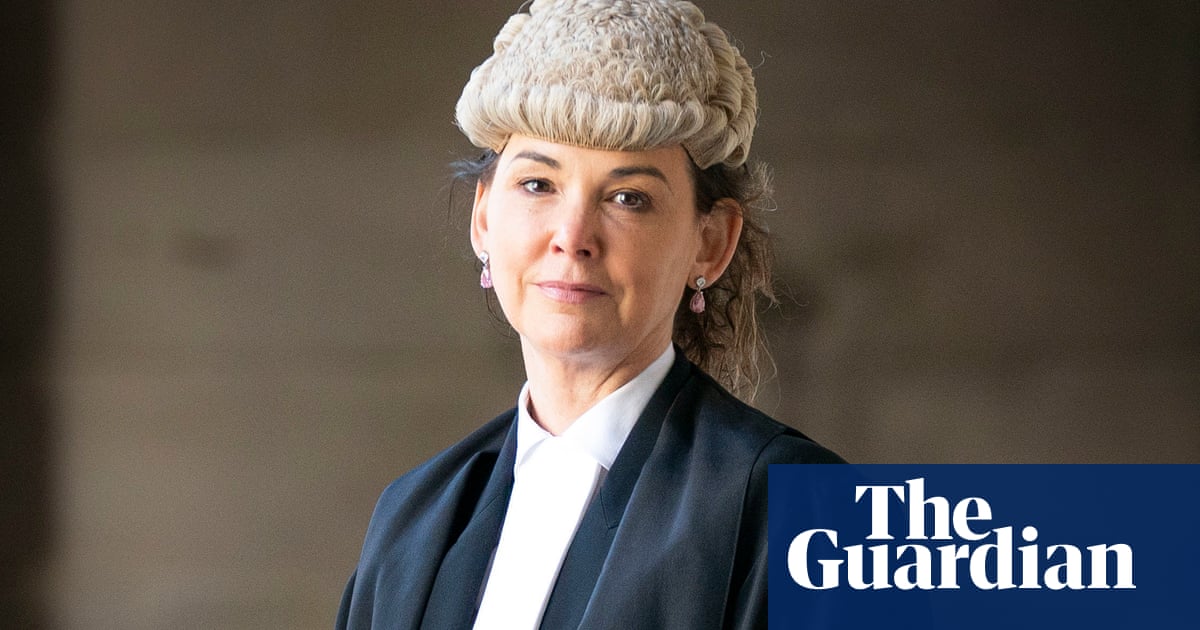
The Scottish government has pledged “speedy action” to improve its sexual harassment policies after Nicola Sturgeon was found to have misled parliament in a scathing report on the Alex Salmond controversy.
John Swinney, the deputy first minister, told Holyrood the government accepted many of the recommendations of that highly critical report by MSPs on Tuesday, which found repeated, systemic failures in its handling of harassment complaints against Salmond.
“The government accepts that mistakes were made and we apologise for them and we will remedy them,” he said. “There is much in the committee report of substance, which is of strong challenge to the procedures and processes of the government, which the government must accept.”
Swinney spoke as Sturgeon comfortably survived a vote of no confidence tabled by the Conservatives over her dealings with Alex Salmond, with only 31 Tory MSPs backing the motion.
The first minister has been accused of misleading the Scottish parliament after a specially-convened Holyrood committee voted by 5-4 to challenge her accounts of her meeting with Salmond at her home in April 2018.
A majority of MSPs said there was clear evidence she had misled the committee over whether she told her former mentor she would intervene in a Scottish government harassment inquiry on his behalf.
The same five MSPs, from Labour, the Tories, Liberal Democrats and an independent, were dubious about Sturgeon’s testimony that she did not know of any prior concerns about Salmond’s behaviour until learning in November 2017 that Sky News was investigating alleged incidents at Edinburgh airport a decade earlier. Salmond strongly denied the claims of inappropriate behaviour to female staff.
Addressing its concerns about Sturgeon’s meeting with Salmond on 2 April, the committee said: “Taking account of the competing versions of events, the committee believes that she did in fact leave Mr Salmond with the impression that she would, if necessary, intervene.
“This was confirmed by Duncan Hamilton [Salmond’s lawyer] who was also at the meeting. Her written evidence is therefore an inaccurate account of what happened, and she has misled the committee on this matter. This is a potential breach of the ministerial code under the terms of section 1.3.”
That finding has stopped short of ruling Sturgeon misled parliament “knowingly”, an action that would be a clear breach of the ministerial code and a resignation matter.
Salmond won a legal challenge in January 2019, after a court ruled the government inquiry was “tainted by apparent bias” and unlawful on procedural grounds. The former first minister was later awarded £512,000 in legal costs and in March 2020, acquitted of 14 charges of sexual assault, including one of attempted rape.
The Tories came under heavy attack from all sides for lodging the vote of no confidence in Sturgeon, originally tabling it in early March before any inquiry reports were published and before she had given evidence to MSPs.
Only the Tories’ 31 MSPs voted for the motion: 65 MSPs from the SNP and Scottish Greens voted against it, while Labour’s 27 members and the Lib Dems’ five MSPs abstained, citing their irritation at the Tories’ behaviour.
Sturgeon denounced the motion as a “desperate political stunt” to claim her scalp. She said the Tories should accept that she had been comprehensively cleared on Monday by James Hamilton, the government’s independent adviser on the ministerial code, of breaching the code.
Addressing Ruth Davidson, the Scottish Tory leader, Sturgeon added: “If you think you can bully me out of office you are mistaken and you misjudge me. If you want to remove me as first minister do it in an election.”
Davidson said given the scale and substance of the committee’s findings, and the extent of the government’s failures in the Salmond controversy, the only honourable route for Sturgeon was resignation. “No first minister who truly wanted to live up to the ideals of this parliament should feel able to continue in post after having been judged guilty of misleading it,” Davidson said.
The committee accused Leslie Evans, the Scottish government’s chief civil servant, of an “individual failing as significant” as the government’s corporate failures over the mishandling of the judicial review. It stopped short of calling on Evans to quit but said “those responsible should be held accountable”.
The committee also published testimony from Ms A and Ms B, the two female officials whose accusations against Salmond triggered the Scottish government inquiry in January 2018, which in turn led to police launching a criminal investigation in autumn 2018.
Ms A and Ms B said they believed there was a poor organisational culture within the government when Salmond was first minister. There had been “complicity across a number of fronts” in terms of people not challenging allegedly inappropriate behaviour by Salmond.
In a joint statement appended to the committee’s report, the women said: “There were not clear boundaries for what was appropriate behaviour, or leadership in the organisation to challenge behaviours.”
In a detailed 192-page report, the committee accused Sturgeon, Swinney and government officials of “significantly” impeding their inquiry by delaying the release of documents, including legal papers, which damaged public confidence.
It was “dismayed” Evans did not grasp how problematic it was to appoint an investigating officer, Judith Mackinnon, who had had significant prior contact with the complainers. That “significant failure” cost the taxpayer money, it said.
The committee was also “concerned” by how long it had taken Sturgeon to inform Evans she was aware of the complaints, and concluded it was “inappropriate for the first minister to continue to meet and have discussions” with Salmond after she first heard about them.












